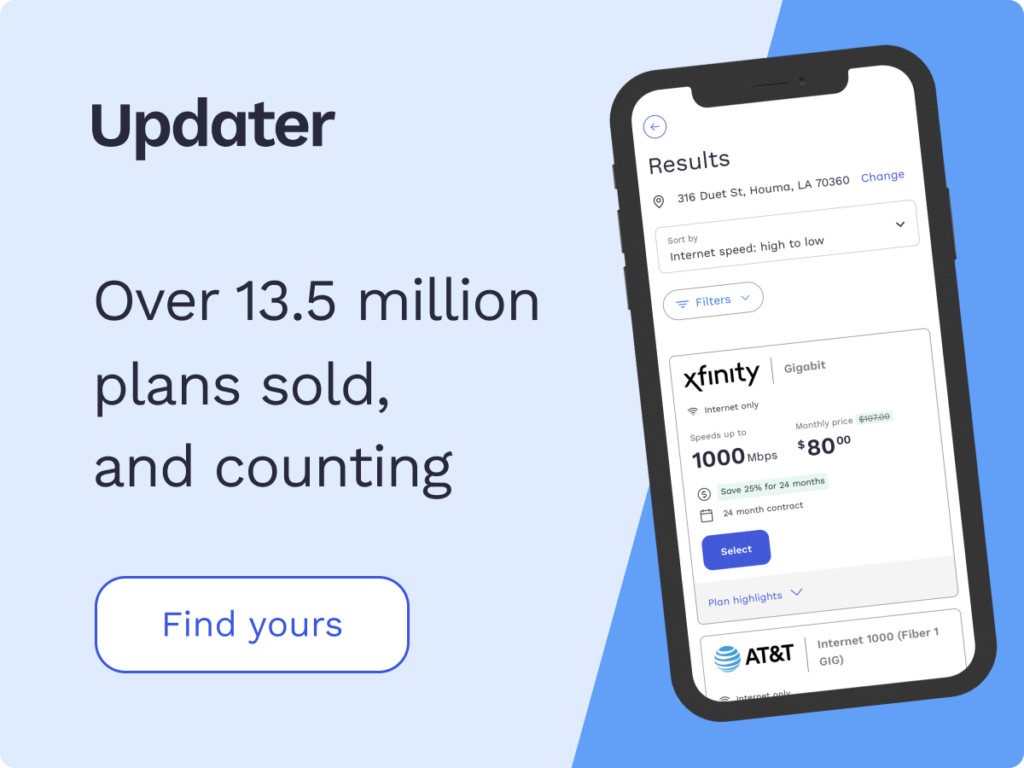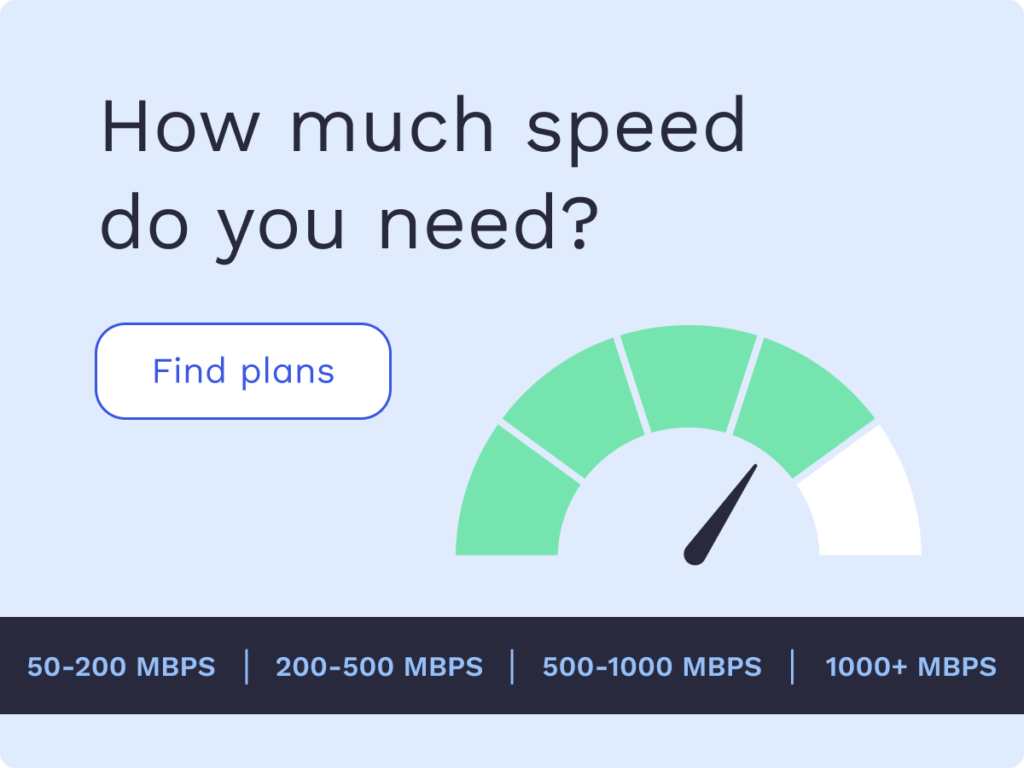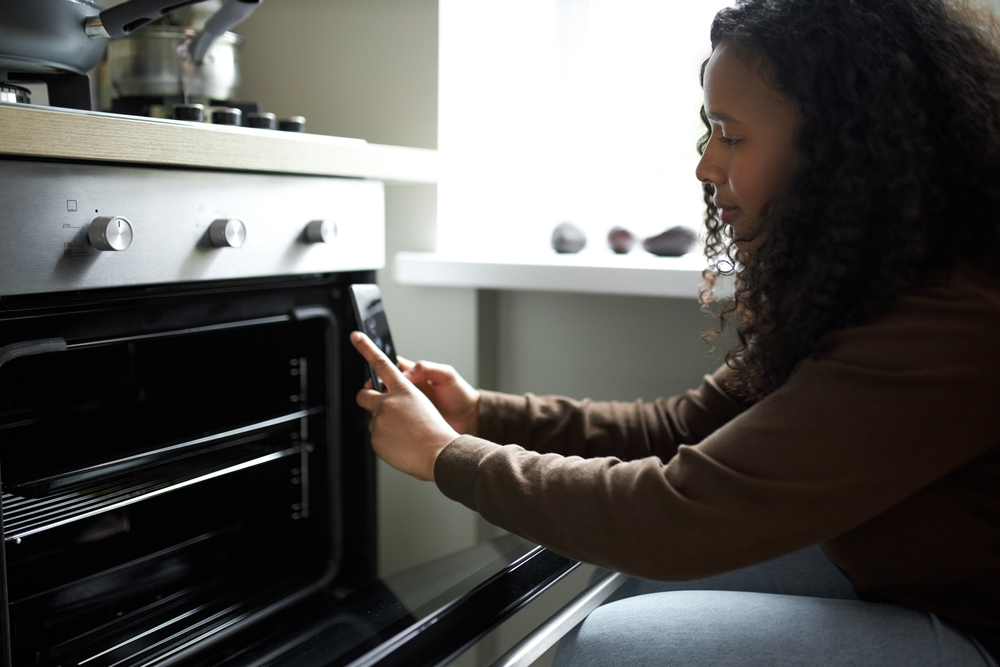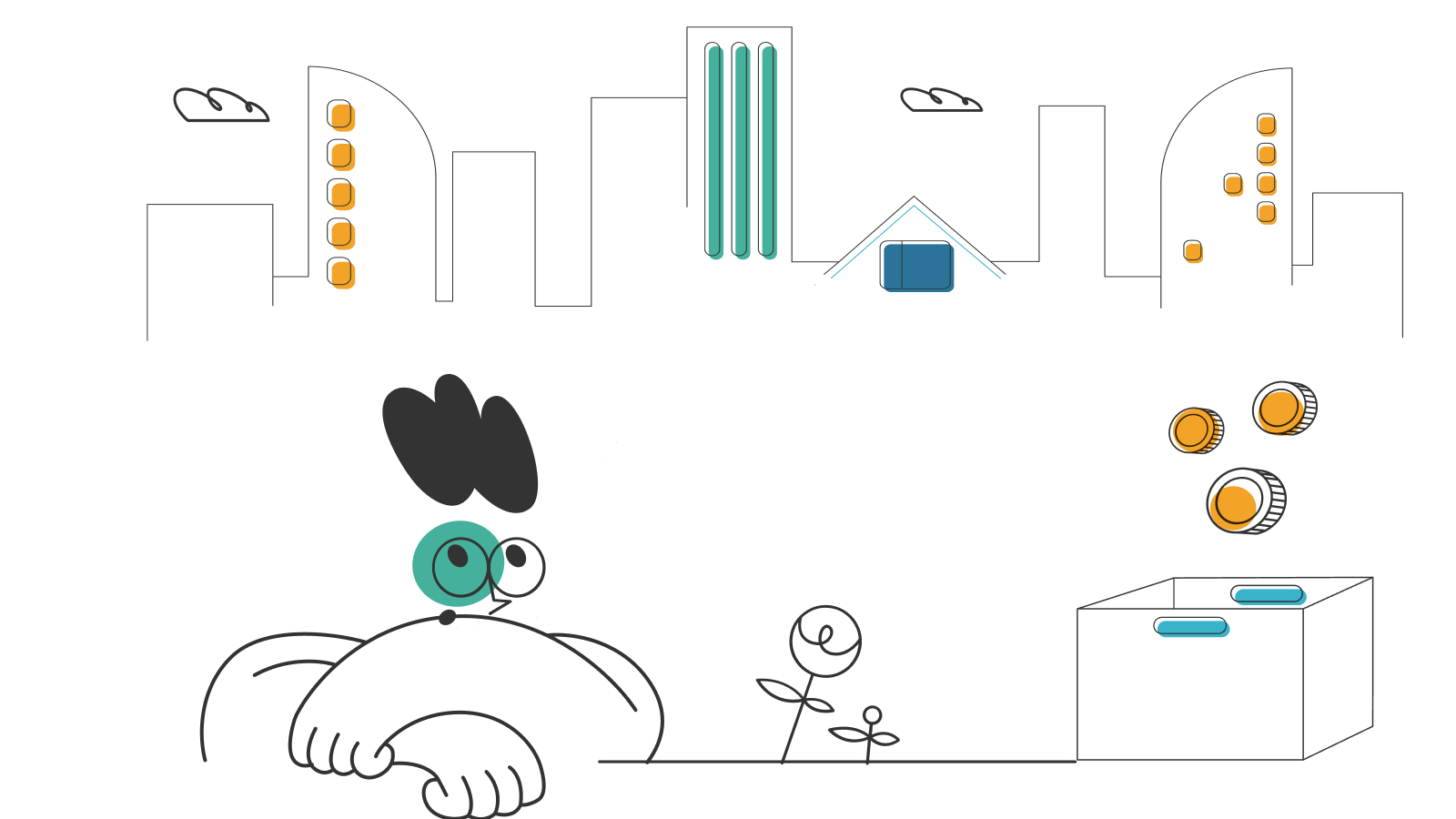DSL vs Cable vs Fiber Internet: What’s the Difference?

It can be tough to pick the right type of internet with so many options and internet service providers (ISPs) out there. What does DSL internet offer? How do cable and fiber internet differ?
Finding out what each type of internet can offer may help you make the right decision and choose the option that is best suited to your internet-related needs. Each connection type offers a range of upload and download speeds, range of bandwidth, and varying prices.
This article will share more about all three of these different types of internet connections to help find the right service for your home and needs.
- What is DSL internet?
- What is cable internet?
- What is fiber internet?
- Comparison of DSL, cable and fiber internet
- Frequently asked questions (FAQs)
What is DSL internet?
DSL is a phone line based internet connection that is known for being slower than other types of internet but it is also quite affordable by comparison. For a home with only one or two users and limited internet needs, a DSL connection can be a great way to get access to the internet you need at an affordable price. To be sure this is the right connection type for you, we recommend using a broadband calculator. This can help you better understand your internet needs and choose a connection type that is best suited to your needs.
Which ISPs provide DSL internet service?
A DSL connection can offer coverage across the more rural/remote areas of the country but the connection can be unreliable from time to time, depending on your location. Rural areas will typically experience more interruptions with DSL than urban areas.
DSL internet connections are currently offered by the following ISPs:
- AT&T
- CenturyLink
- Frontier
- Kinetic by Windstream
What is cable internet?
Cable internet is offered through the same cable that delivers TV service and is usually bundled with your cable TV. This can make it a little bit more affordable. If you have multiple users in the home and several devices, cable internet may be your best bet. It is a little more expensive than DSL but it is significantly faster. When it comes to simultaneous use, a cable connection will be much better than DSL. It offers faster download and upload speeds than DSL and is more accessible in rural areas, as well. If each user has low to moderate internet consumption needs, a cable connection is just fine and can be more affordable than a faster fiber connection.
Which ISPs provide cable internet service?
Cable internet connections are currently offered by the following ISPs:
- Xfinity
- Verizon
- AT&T
- Spectrum
What is fiber internet?
Fiber is the current gold standard for internet connections. It offers the fastest speeds and the most reliable connection. If you have multiple users who consume lots of bandwidth while gaming, streaming, downloading videos or movies, and using video conferencing tools regularly, a fiber internet connection may be well worth the price. The connection won’t be throttled when multiple users are online at once and it promises the fastest speeds you can get. With a fiber connection, you can download at upload at speeds of up to 5000Mbps.*
Which ISPs provide fiber internet service?
Fiber internet connections are currently offered by the following ISPs:
- AT&T
- Verizon
- CenturyLink
- Frontier
Comparison of DSL, cable and fiber internet
Speed
DSL internet can offer download speeds up to 35Mbps and upload speeds of up to 10Mbps. This can be sufficient for daily web browsing, banking, etc but isn’t ideal for streaming or video conferencing on the regular. Cable internet offers higher speeds. You can get download speeds up to 500Mbps and upload speeds up to 50Mbps. This is suitable for a couple of users who browse the internet regularly but have minimal video, gaming, and streaming needs. Fiber internet can go up to 5000Mbps for both download and upload speeds. This is extremely efficient and it is best for households with multiple users who consume lots of internet data each day.
Price
DSL internet connection ranges from $30 to $50/month and is the most affordable type of internet connection. Cable internet can cost you anywhere from $30 to $100/month and this can vary based on the speed chosen as well as your location. Fiber internet can cost you $50 to $100/month or more. The price will be based on the speed you choose and the data package you opt for.
Set up
To set up your DSL connection, you will need an Ethernet cable to connect from your router to your telephone wire. You do not need a functional home phone to use DSL internet. You simply need the telephone wire functionality. For cable internet, you will need to connect your cable wire to your router. Fiber internet requires the connection of a fiber optic cable to your router or modem.
Equipment cost(s)
For all three of these internet connection types, you will need a router. However, you can get by with a much more affordable router for a DSL connection. For fiber optic internet, you will need a more sophisticated router that can better power your connection and provide you with fast service so you can receive the maximize benefit of the plan you pay for.
Availability
DSL is available in most places in the US but it can be particularly slow and unreliable in very remote locations, far from urban areas. The further you are from the main cities, the more difficult it can be to secure a good connection. Cable is available nearly everywhere in the US but can also be slower in rural areas than in urban areas. Fiber is still relatively new and not yet available everywhere in the US. It may be impossible to get a fiber connection in a very remote area because the service is simply not available there yet due to a lack of infrastructure.
Frequently asked questions (FAQs)
DSL internet FAQs
Why is my DSL connection so bad?
If you are having major issues with DSL connectivity, you may need to contact your phone company. If the phone wiring is faulty, it can tamper with your internet connection. If you are experiencing unusual delays with your DSL connection but can’t seem to find a problem with your modem, contact your phone company. They may be able to help.
Why should I choose DSL over fiber?
If you live in a remote area, you are probably better off with DSL. In fact, fiber may not even be available. It is not as widespread and the connection may not be as good in rural locations. So, you would be paying for maximum internet that your area doesn’t support and would essentially be paying for something you can’t use to the fullest.
Can I use a regular phone cord for my DSL connection?
It is best to use an Ethernet cable. Using a phone cable instead can actually interrupt your connection and damage the hardware you are using.
Cable internet FAQs
What can interfere with my cable connection?
Sometimes, cable internet users notice interference with their cable internet connection. This can be very frustrating. Cable internet can be throttled by your neighbor’s network, other wireless networks in your home, radio wave-based devices such as baby monitors and walkie-talkies, microwaves, and even metal flooring. These can all act as barriers to your cable connection.
How reliable is cable internet?
In general, if you live in an urban place, cable connections are extremely reliable and are also much less likely to be affected by storm outages or busy times with high levels of usage.
What causes cable leakage?
A loose cable can cause cable leakage and this can interrupt your internet connection. Make sure all connections are secure and replace any wires that are not plugging in correctly.
Fiber internet FAQs
What are the cons of fiber internet?
Fiber internet is superior in terms of speed but it is not widely available and it is also the most expensive type of internet connection you can have. Though the service is speedy and reliable, it does cost quite a bit more than cable or DSL.
Will fiber internet be throttled or slow down unexpectedly?
Fiber internet is less likely to throttle even when multiple users are on at a time. This is because it’s less susceptible to overload and is designed to take on more users at a time.
Is it true that fiber internet is safer?
Yes, fiber internet is a more secure connection because of the way it transmits data compared to cable, DSL, and even satellite. It is less likely for your to suffer a data breach through your fiber optic connection.
*Pricing varies by location and availability. Speeds may vary. All prices subject to change; for current pricing and availability visit our internet service page. Prices as of 5/16/22.
Disclosure | Updater articles are based on our own data and research, independent from partner relationships. We are not compensated by partners for information and opinions presented here. Our Editorial Terms of Service can be found here.














